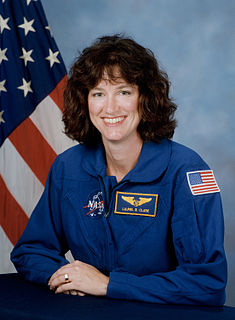A Quote by Joseph Bayly
Death is the great adventure beside which moon landings and space trips pale in insignificance.
Quote Topics
Related Quotes
I remember the moon landings, and Apollo was the paradigm by which all progress was measured at that time. And I knew that creating a true space-faring civilization was both possible and practical. What I failed to realize was that the effort would fail due to bureaucratic inertia and political apathy.
Human rights pale beside the rights of machines. In more and more cities, especially in the great metropolises of the South, people have been banned. Automobiles usurp human space, poison the air, and frequently murder the interlopers who invade their conquered territory -and no one lifts a finger to stop them. Is there a difference between violence that kills by car and that which kills by knife or bullet?" (p.231)
The Moon is a white strange world, great, white, soft-seeming globe in the night sky, and what she actually communicates to me across space I shall never fully know. But the Moon that pulls the tides, and the Moon that controls the menstrual periods of women, and the Moon that touches the lunatics, she is not the mere dead lump of the astronomist. . . . When we describe the Moon as dead, we are describing the deadness in ourselves. When we find space so hideously void, we are describing our own unbearable emptiness.
Many people avoid talking about death, but it never bothered me. The principal of my high school was an excellent teacher. One day he was writing on the blackboard when he suddenly turned around and said 'Life is a great adventure and death is the greatest adventure of all,' then went back to the board. I have never feared death since then.
For many years I thought my job was to go to places where it would be difficult for most of the readers to ever get to. Now, in the more than 20 years I've been doing this, the concept of adventure-travel trips or expeditions by groups has sprung up. The places I went 20 years ago now have adventure-travel trips.

































